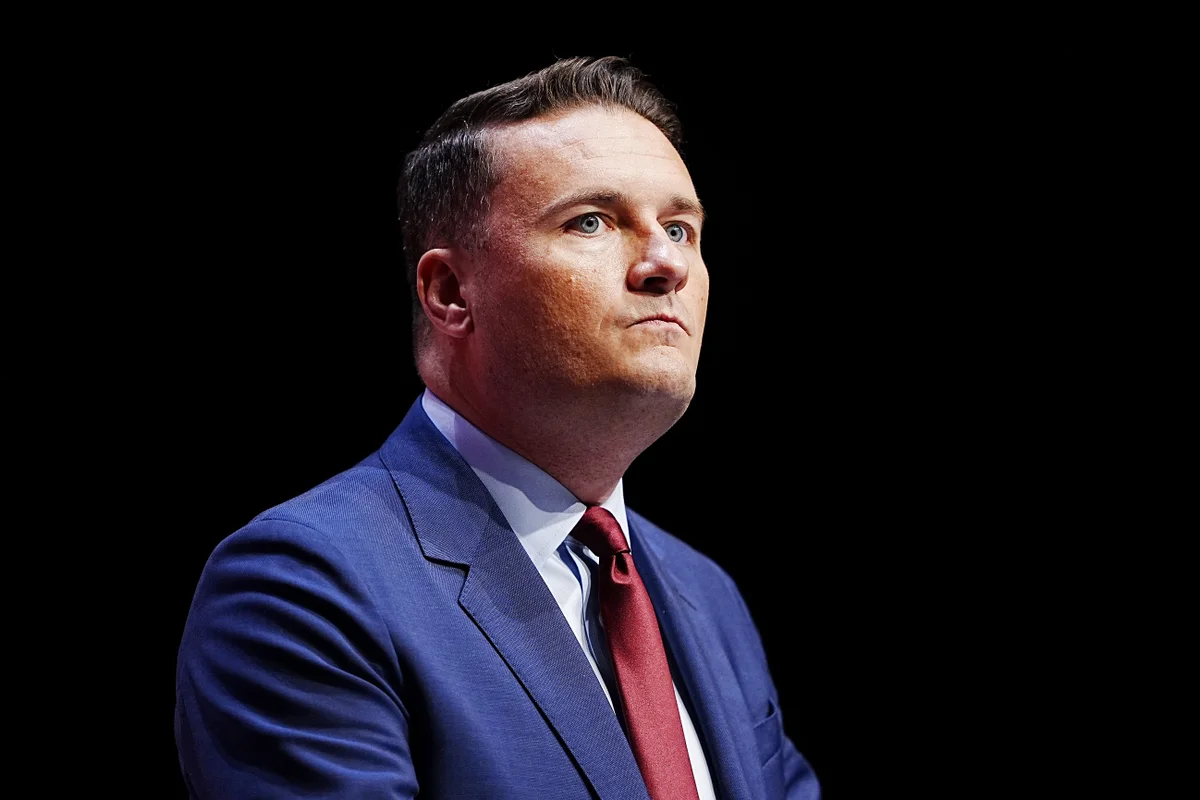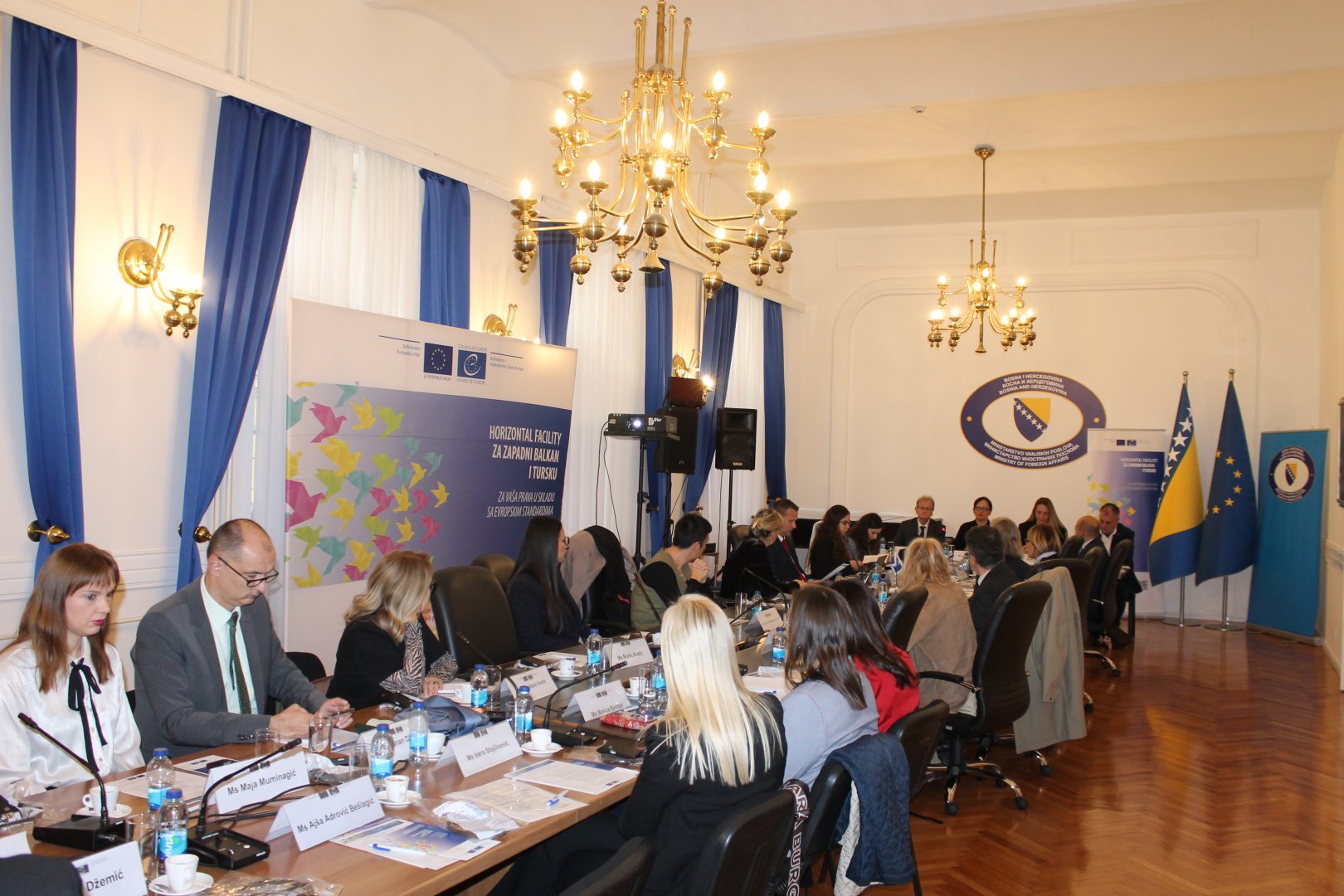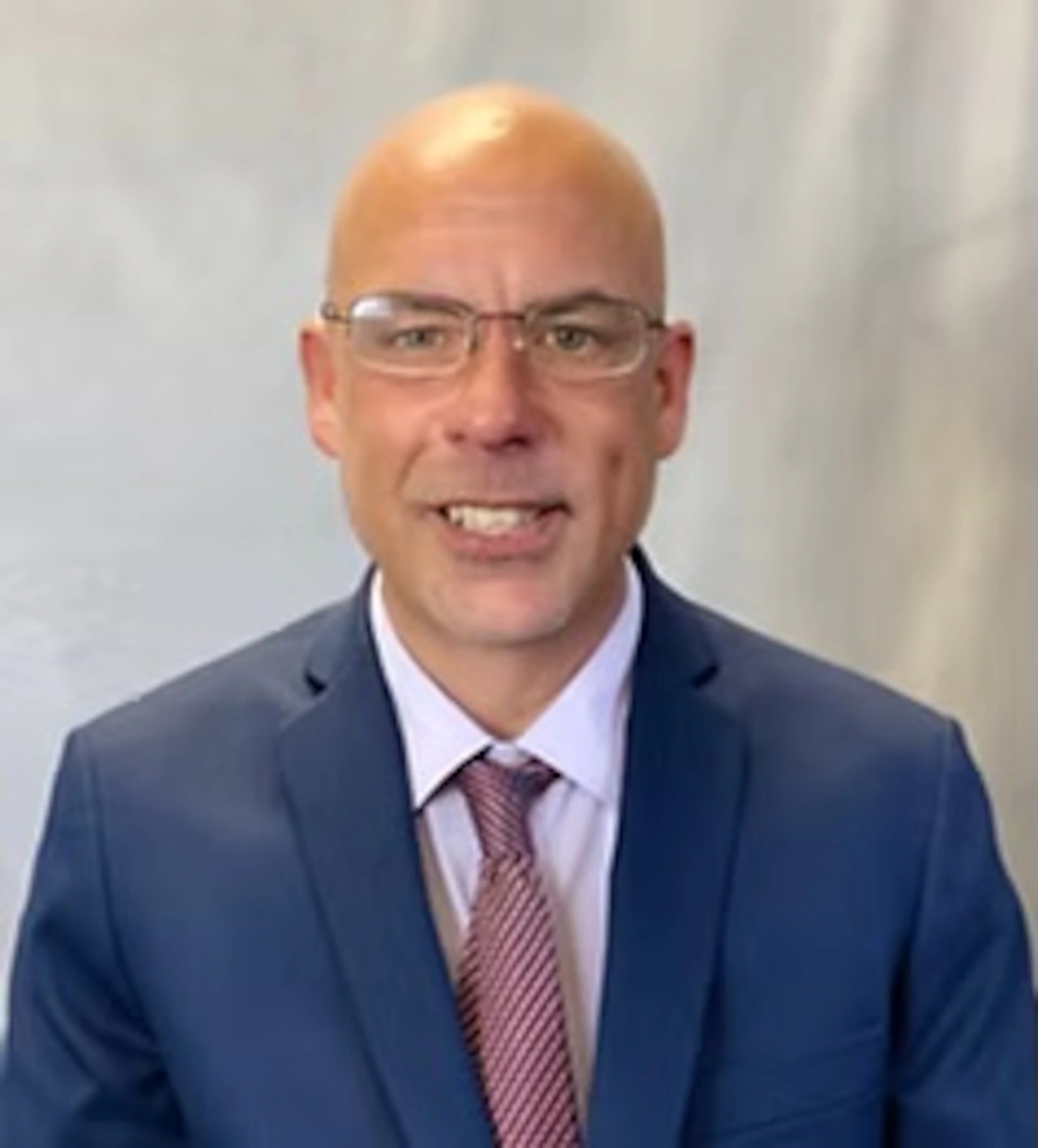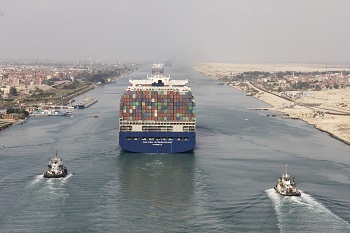Copyright Newsweek
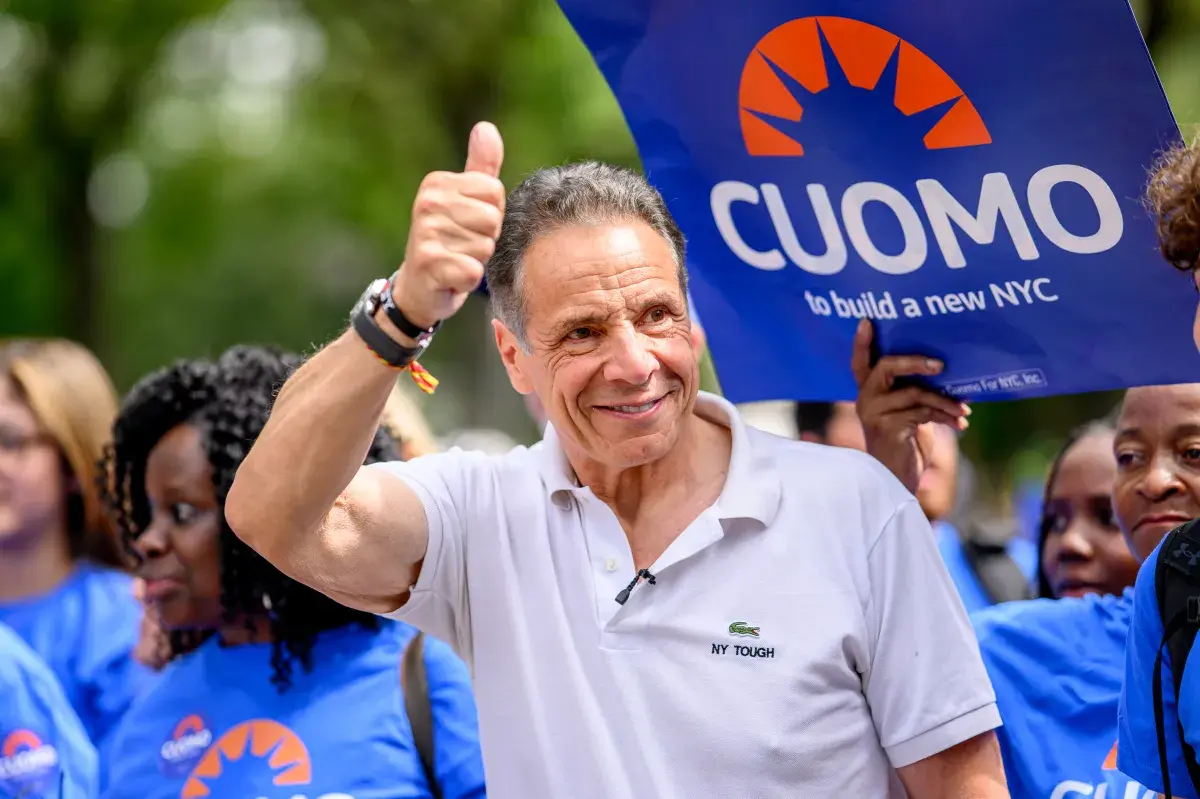
The New York City mayoral election has drawn national attention in a way it rarely has in the past as former New York Governor Andrew Cuomo faces off as an independent candidate against state Assemblyman Zohran Mamdani and Republican nominee Curtis Sliwa. Each candidate offers a competing vision for the city, with Mamdani holding a commanding lead in the polls going into Election Day. However, Cuomo and Sliwa remain committed to the race and will see it through to the end. Major issues such as housing, public safety, and affordability are expected to drive voter turnout and dominate future policy debates in City Hall, whichever candidate wins. Here’s what to know about Cuomo and his platform. Who Is Andrew Cuomo? Cuomo is the son of the late Governor Mario Cuomo, giving him longstanding ties to Democratic politics in New York. He served as New York’s governor from 2011 to 2021 prior to resigning amid sexual harassment allegations, which he continues to deny. After leaving office, Cuomo maintained a public presence and has leveraged his administrative experience as a central argument in his mayoral campaign. Before his governorship, Cuomo held national office as Secretary of Housing and Urban Development (HUD) during the Clinton administration and later as New York attorney general. Cuomo ran in the Democrat mayoral primary, remaining the frontrunner for much of the contest but losing by a shock upset to Mamdani. While initially indicating he would end his campaign entirely after his loss, he instead chose to run as an independent and seek Gracie Mansion through a different route. What Are Andrew Cuomo’s Policy Proposals? Cuomo has introduced a broad platform aimed at what he calls the city's “crisis of affordability, safety, and opportunity.” He is offering a more centrist approach, leaning on his experience at state-level to sell his viability as a candidate. He has proposed the following, according to his own website and articles from the New York Times. Affordability: Cuomo has made affordability in the city the centerpiece of his policies, noting that the city has “always been expensive,” but that today it is “rapidly becoming unaffordable for millions of hard-working New Yorkers at all income levels.” To address this, Cuomo seeks to build 50,000 new affordable homes, expand healthcare and transit subsidies (like Fair Fares), and provide targeted tax relief and job creation initiatives. He backs a 2 percent cap on property taxes for homeowners in distress. Education and Childcare: Cuomo wants to reduce class sizes while increasing the number of school-based health centers, especially in high poverty districts. Above all, he wants to address “chronic absenteeism” and teacher attrition through improved working conditions and safety and better engagement with parents. He also wants to provide career technical education (CTE) through private partnerships. Public Safety and Subway Security: Cuomo aims to add 5,000 NYPD officers, implement data-driven policing, and increase outreach to address quality-of-life crimes, subway conditions, and street homelessness. He supports bonuses for police retention and deploying officers for maximum public impact. Housing: Along with building more units, Cuomo pledges to improve NYC Housing Authority conditions, increase tenant protections (including eviction counsel), and enforce rent stabilization laws. Mental Health, Addiction & Homelessness: Cuomo plans to expand mental health and addiction services and provide greater school-based supports, stricter use of involuntary commitment for at-risk individuals, and a reduction in chronic homelessness through more targeted outreach Other Stances: Cuomo supports reviewing congestion pricing for fairness, advocates for strong anti-antisemitism policies (including adopting international definitions and curriculum reforms), and promises a "cleaner city" by reforming sanitation, open-air market regulations, and outdoor dining permit processes. What Has Cuomo Said About Mamdani and Sliwa? Cuomo last week about Mamdani during ABC News Live Prime: “You can be a New Yorker and not understand New Yorkers, right? He has been very divisive through this campaign. He has said things that are highly inflammatory. And that's not the New York way. Because you have the diversity that we have [in New York], you have to be very careful as a leader, not to inflame division." He also said: “He's [Mamdani] inexperienced, right...Being mayor is a complicated job. It's 300,000 employees, it's [a] $115 billion budget, and it is a situation where on any given day, you can deal with any unknown crisis.” Cuomo said earlier this year during a debate: “He’s never dealt with the City Council. He’s never dealt with the Congress. He’s never dealt with the State Legislature. He’s never negotiated with a union. He’s never built anything. He’s never dealt with a natural emergency. He’s never dealt with a hurricane, with a flood. He’s never done any of the essentials. And now you have Donald Trump on top of all of that—and he’s never dealt with what I think is the greatest national threat that we face, in this president. To put a person in this seat at this time with no experience is reckless and dangerous.” Cuomo in October said about Sliwa during an interview on the “Cats Roundtable” radio show: “The problem is, Curtis Sliwa is a spoiler in the race,” adding that “a vote for Curtis Sliwa is really a vote for Zohran Mamdani.” “Curtis cannot win. Seventy percent of the voters are Democrat. Curtis has run 1,000 times. He’s never come close. There’s no poll that shows him close. He cannot win, put aside the fact that does he have the background of the credibility or the qualifications. He just can’t win. What he can do is take enough votes to make Zohran the mayor, and he’s gonna make Zohran the mayor.” What Happens Next? The mayoral election is set for November 4.
